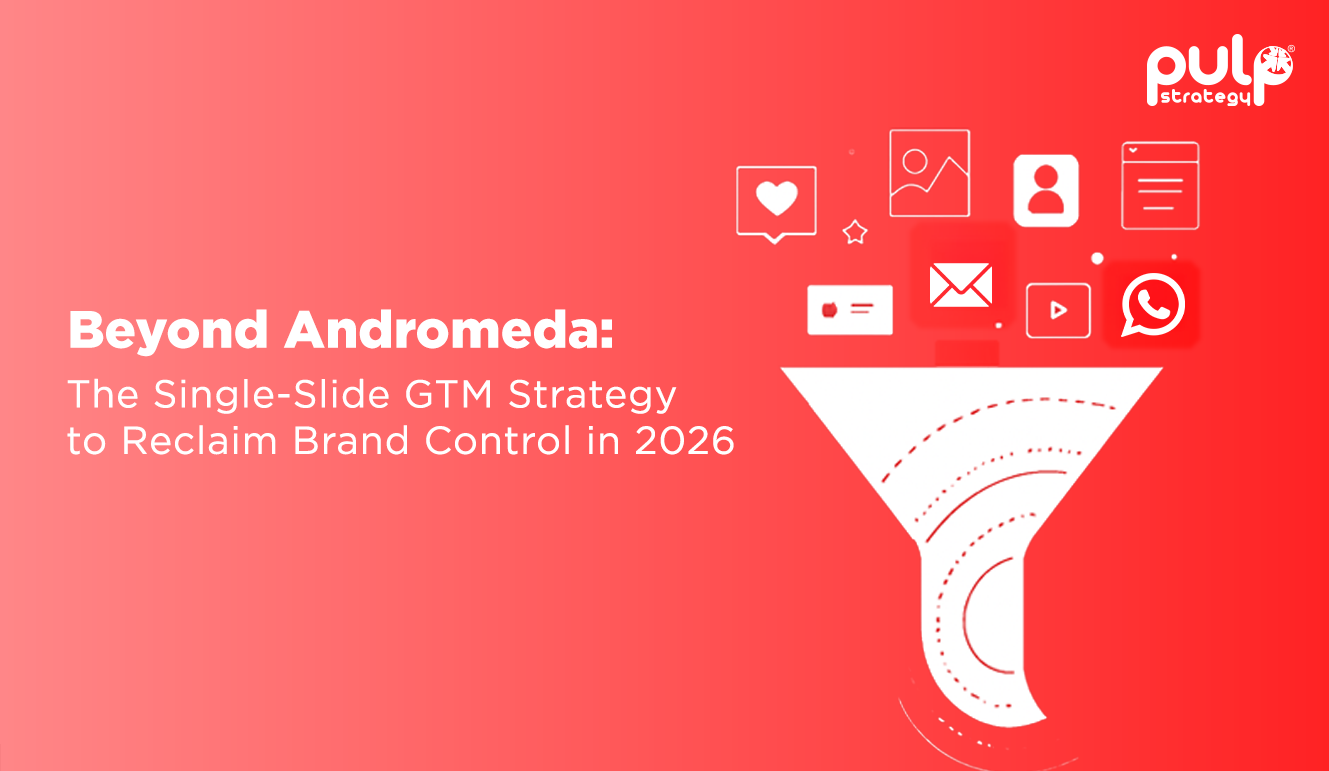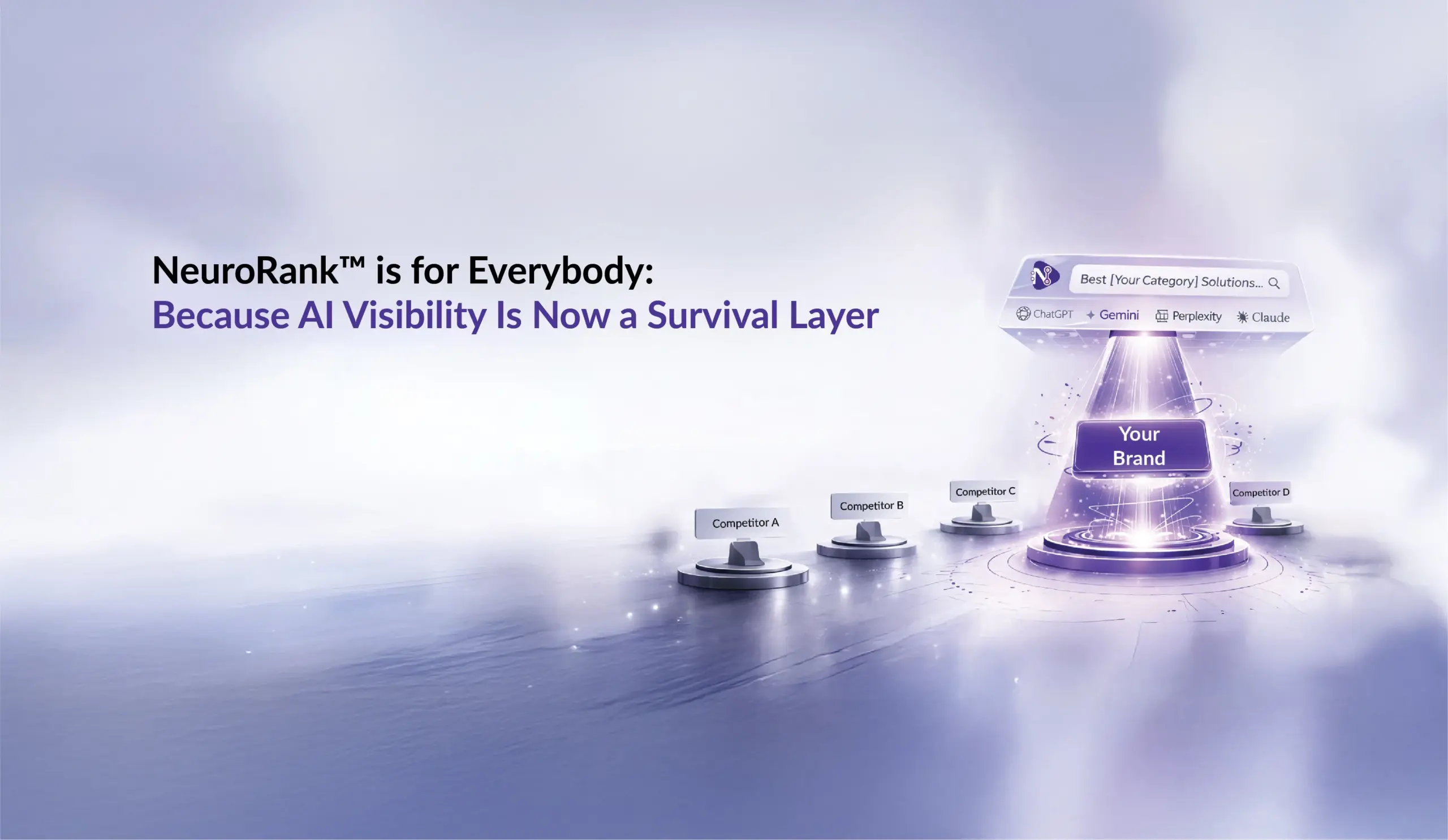Experiential marketing is all about creating an immersive, hands-on experience that allows consumers to interact with a brand on a personal level. Are you leveraging experiential marketing for your business?
As the world of marketing evolves, so does the way that companies reach and engage their target audiences. Traditional advertising methods are becoming less and less effective, as consumers are becoming more savvy and discerning. They're no longer willing to be bombarded with ads that interrupt their day-to-day lives.
Instead, they're looking for brands that can provide them with a more personal and interactive experience. This is where experiential marketing comes in.
Experiential marketing is all about creating an immersive, hands-on experience that allows consumers to interact with a brand on a personal level. It's about giving them a taste of what it would be like to use your product or service, and leaving a lasting impression long after they've left the event.
There are a number of advantages that experiential marketing has over traditional advertising methods. It's much more effective at engaging consumers and getting them to pay attention to your brand. It's also more likely to generate word-of-mouth buzz and social media engagement, as people are more likely to share their experiences with others.
What Drives Experiential Marketing?
The driving force behind experiential marketing is the idea that consumers are more likely to remember and respond positively to a brand if they have had a positive, memorable experience with it. In other words, experiential marketing is all about creating an emotional connection between the consumer and the brand.
There are several different ways to create this emotional connection, but one of the most effective is through interactive experiences. For example, rather than simply providing product samples, brands can create an interactive experience around their products that allows consumers to get hands-on and truly engage with the product. This could be something as simple as setting up a demo station at a trade show or event, or it could be something more elaborate like creating an entirely interactive experience center that is dedicated to the brand.
Another way to create an emotional connection with consumers is through personalization. This could involve something as simple as addressing consumers by name when they interact with the brand, or it could be something more complex like creating custom experiences based on each consumer's preferences and interests.
Ultimately, the goal of experiential marketing is to create a positive, lasting impression that will lead to increased brand loyalty and sales. By creating memorable experiences and personalizing the interaction between the consumer and the brand, marketers can ensure that their target audience will have a positive association with the brand that will last long after the initial interaction.
How to Create Impactful Experiential Marketing Campaigns?
When done correctly, experiential marketing can be an extremely powerful tool for driving brand awareness, customer loyalty, and sales. However, it is important to keep in mind that experiential marketing campaigns require careful planning and execution in order to be successful. Here are a few tips to help you create impactful experiential marketing campaigns:
Define your objectives and target audience.
Before you launch an experiential marketing campaign, it is important to take the time to define your objectives and target audience. Doing so will help you create a campaign that is tailored to your specific goals and resonates with your target consumers.
Keep it simple.
When it comes to experiential marketing, less is more. You don’t need to overcomplicate things in order to create an impactful campaign. Instead, focus on creating a simple yet memorable experience for your target consumers.
Make it interactive.
One of the best ways to create an impactful experiential marketing campaign is to make it interactive. Incorporate elements that will encourage your target audience to participate and engage with your brand.
Focus on the details.
The details are what will set your experiential marketing campaign apart from the rest. Pay close attention to the small details and make sure everything is executed flawlessly.
Tell a story.
People are naturally drawn to stories, so don’t forget to incorporate a narrative into your experiential marketing campaign. Doing so will help you create an emotional connection with your target consumers.
Measure your results.
After your experiential marketing campaign has come to an end, take the time to measure your results. Doing so will help you determine whether or not your campaign was successful and how you can improve for future campaigns.
Experiential marketing is a powerful tool that, when used correctly, can drive brand awareness, customer loyalty, and sales.
What to avoid in your Experiential Marketing Campaigns?
As with any marketing campaign, there are certain things you'll want to avoid doing in your experiential marketing campaigns. Here are a few tips:
Don't try to do too much: Keep your objectives realistic and achievable. Trying to accomplish too many things will only lead to frustration and disappointment.
Don't overspend: Make sure you have a budget and stick to it. There's no need to break the bank to create a successful experiential marketing campaign.
Don't forget the details: Pay attention to all the small details that can make or break your campaign. From the design of your materials to the way you interact with customers, every element matters.
With customers now inclined more towards creativity and genuine value, traditional marketing no longer works for them. Markets must commit to experiential marketing as it will assist them in informing consumers about the products, increase engagement, and boost brand awareness. Pulp Strategy, one of the leading strategic marketing agencies in India, has been devising experiential campaigns for brands since its inception. So, if you are looking to provide your customers with a branded experience, look no further.









